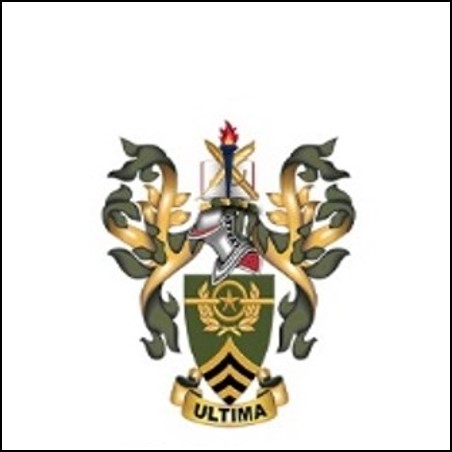
e-Document
|
Ethical dilemma: the Don't Ask, Don't Tell policy.
Copies
0 Total copies, 0 Copies are in,
0 Copies are out.
Title
Ethical dilemma: the Don't Ask, Don't Tell policy.
Call No
CDMC The NCO Leadership Center of Excellence
Digital Link
Authors
Subjects
Language
English
Published
2008-01-03.
Series
Target Audience
Unknown or not specified








